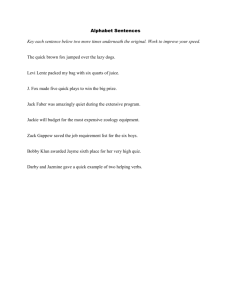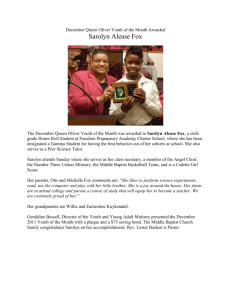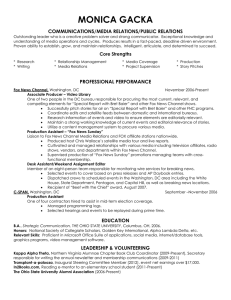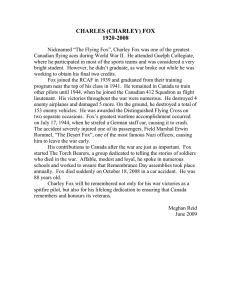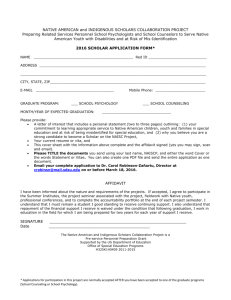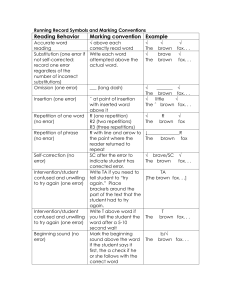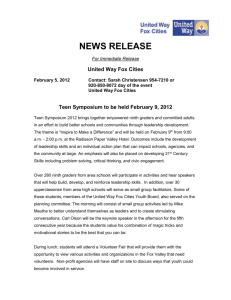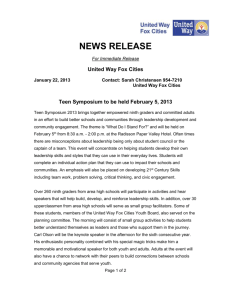Stem Cell Debate Guidelines
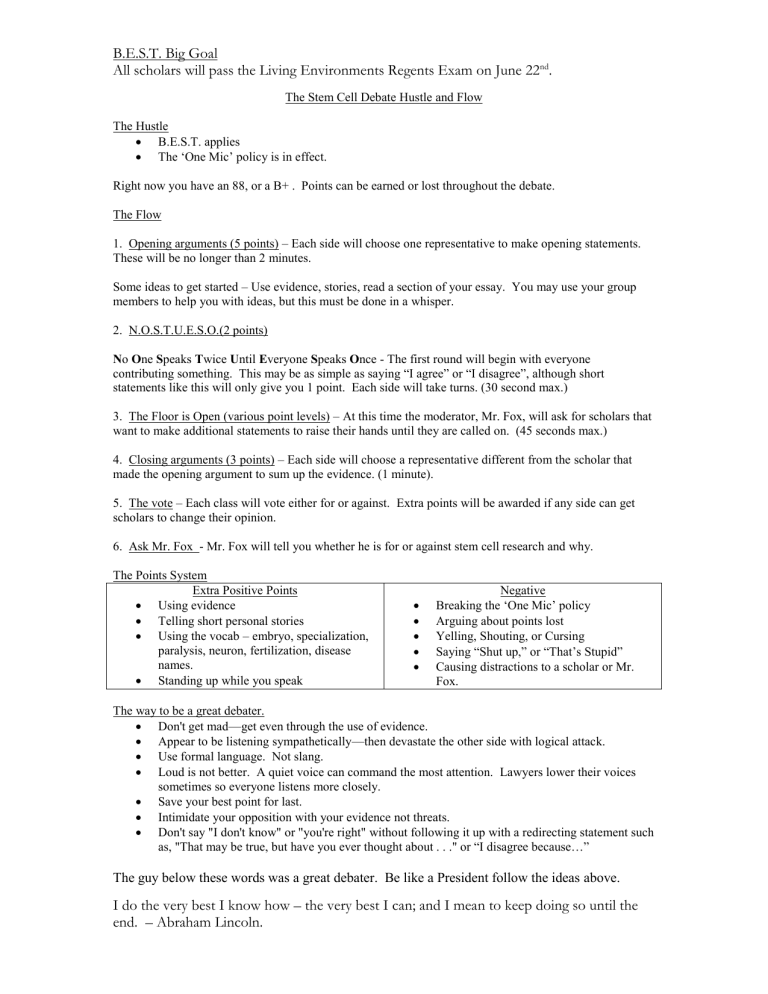
B.E.S.T. Big Goal
All scholars will pass the Living Environments Regents Exam on June 22
nd
.
The Stem Cell Debate Hustle and Flow
The Hustle
B.E.S.T. applies
The ‘One Mic’ policy is in effect.
Right now you have an 88, or a B+ . Points can be earned or lost throughout the debate.
The Flow
1. Opening arguments (5 points) – Each side will choose one representative to make opening statements.
These will be no longer than 2 minutes.
Some ideas to get started – Use evidence, stories, read a section of your essay. You may use your group members to help you with ideas, but this must be done in a whisper.
2. N.O.S.T.U.E.S.O.(2 points)
N o O ne S peaks T wice U ntil E veryone S peaks O nce - The first round will begin with everyone contributing something. This may be as simple as saying “I agree” or “I disagree”, although short statements like this will only give you 1 point. Each side will take turns. (30 second max.)
3. The Floor is Open (various point levels) – At this time the moderator, Mr. Fox, will ask for scholars that want to make additional statements to raise their hands until they are called on. (45 seconds max.)
4. Closing arguments (3 points) – Each side will choose a representative different from the scholar that made the opening argument to sum up the evidence. (1 minute).
5. The vote – Each class will vote either for or against. Extra points will be awarded if any side can get scholars to change their opinion.
6. Ask Mr. Fox - Mr. Fox will tell you whether he is for or against stem cell research and why.
The Points System
Extra Positive Points
Using evidence
Telling short personal stories
Using the vocab – embryo, specialization, paralysis, neuron, fertilization, disease names.
Standing up while you speak
Negative
Breaking the ‘One Mic’ policy
Arguing about points lost
Yelling, Shouting, or Cursing
Saying “Shut up,” or “That’s Stupid”
Causing distractions to a scholar or Mr.
Fox.
The way to be a great debater.
Don't get mad—get even through the use of evidence.
Appear to be listening sympathetically—then devastate the other side with logical attack.
Use formal language. Not slang.
Loud is not better. A quiet voice can command the most attention. Lawyers lower their voices sometimes so everyone listens more closely.
Save your best point for last.
Intimidate your opposition with your evidence not threats.
Don't say "I don't know" or "you're right" without following it up with a redirecting statement such as, "That may be true, but have you ever thought about . . ." or “I disagree because…”
The guy below these words was a great debater. Be like a President follow the ideas above.
